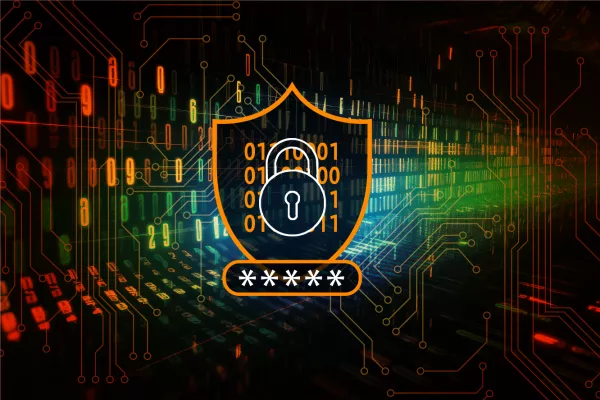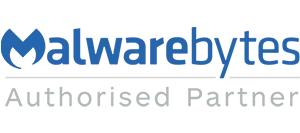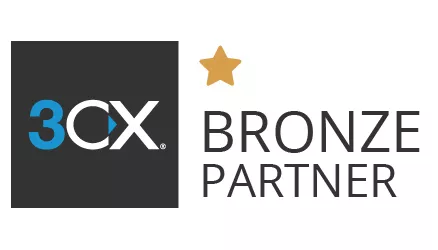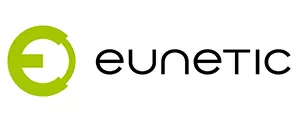The security of a company’s data and systems is of paramount importance. With the increasing frequency and sophistication of cyber-attacks, it has become essential for businesses to implement robust security measures to protect their sensitive information. One such crucial security measure is multi-factor authentication (MFA) also often referred to as Two-Factor Authentication (2FA) and leveraging solutions such as DUO and Microsoft Authenticator can significantly enhance a company's security posture. In this article, we will explore the vital importance of MFA for company security and how it can play a pivotal role in strengthening security measures.
What is Multi-Factor Authentication?
Multi-factor authentication is a security process that requires users to provide two or more forms of verification before they can access an account or system. These factors typically fall into three categories: something you know (e.g., a password or PIN), something you have (e.g., a smartphone or security token), and something you are (e.g., biometric data like fingerprint or facial recognition). By requiring multiple factors for authentication, MFA adds an extra layer of security, making it significantly more difficult for unauthorised individuals to gain access to sensitive company resources.
The Vital Importance of Multi-Factor Authentication
Enhanced Security
The primary reason why MFA is vital for company security is the enhanced level of protection it offers. Traditional password-based authentication is no longer sufficient to defend against the increasingly sophisticated tactics employed by cybercriminals. Passwords can be easily compromised through techniques such as phishing, brute force attacks, or the use of stolen credentials. MFA, when implemented with solutions like DUO and Microsoft Authenticator, mitigates these risks by adding an additional layer of verification, significantly reducing the likelihood of unauthorised access, even if a password is compromised.
Protection Against Data Breaches
Data breaches can have devastating consequences for businesses, leading to financial losses, reputational damage, and legal repercussions. MFA acts as a powerful deterrent against data breaches by making it exponentially more challenging for cybercriminals to infiltrate company systems. Even if a hacker manages to obtain a user's password, they will still need to bypass the additional authentication factors, significantly reducing the likelihood of a successful breach.
Compliance Requirements and Seamless Integration
Many industries are subject to regulatory requirements regarding data security and privacy. Implementing Multi factor Authentication (MFA) can help companies meet these compliance standards by demonstrating a commitment to robust security practices. For example, regulations such as the General Data Protection Regulation (GDPR) emphasise the importance of implementing strong authentication measures to protect sensitive data. By incorporating MFA with solutions like DUO and Microsoft Authenticator into their security framework, companies can ensure compliance with these regulations and avoid potential penalties for non-compliance.
Safeguarding Remote Access
The rise of remote work has expanded the attack surface for cyber threats, as employees access company resources from various locations and devices. MFA plays a critical role in safeguarding remote access by adding an extra layer of security, regardless of the user's location. Whether employees are working from home, a coffee shop, or a client's office, MFA helps ensure that unauthorised individuals cannot gain access to company systems, even if they manage to obtain a user's password.
Mitigating Insider Threats
Insider threats, whether intentional or unintentional, pose a significant risk to company security. MFA can help mitigate these threats by reducing the likelihood of unauthorised access, even by individuals within the organisation. By requiring multiple forms of verification, MFA adds an additional barrier that can prevent malicious insiders from compromising company systems or data.
User-Friendly Experience
While security is paramount, it's also essential to consider the user experience. Fortunately, MFA can be implemented in a way that balances security with usability. Modern MFA solutions offer a variety of authentication methods, including push notifications, biometric authentication, and one-time passcodes, making the authentication process seamless and convenient for users. By providing a user-friendly experience, companies can encourage widespread adoption of MFA with solutions without sacrificing security.
Conclusion
The vital importance of multi-factor authentication for company security cannot be overstated. In an era where cyber threats are constantly evolving, businesses must prioritize the implementation of robust security measures to protect their sensitive information. MFA offers a powerful defence against unauthorised access, data breaches, and compliance risks, while also providing a user-friendly authentication experience. By embracing multi-factor authentication, companies can significantly enhance their security posture and safeguard their most valuable assets from potential threats.







